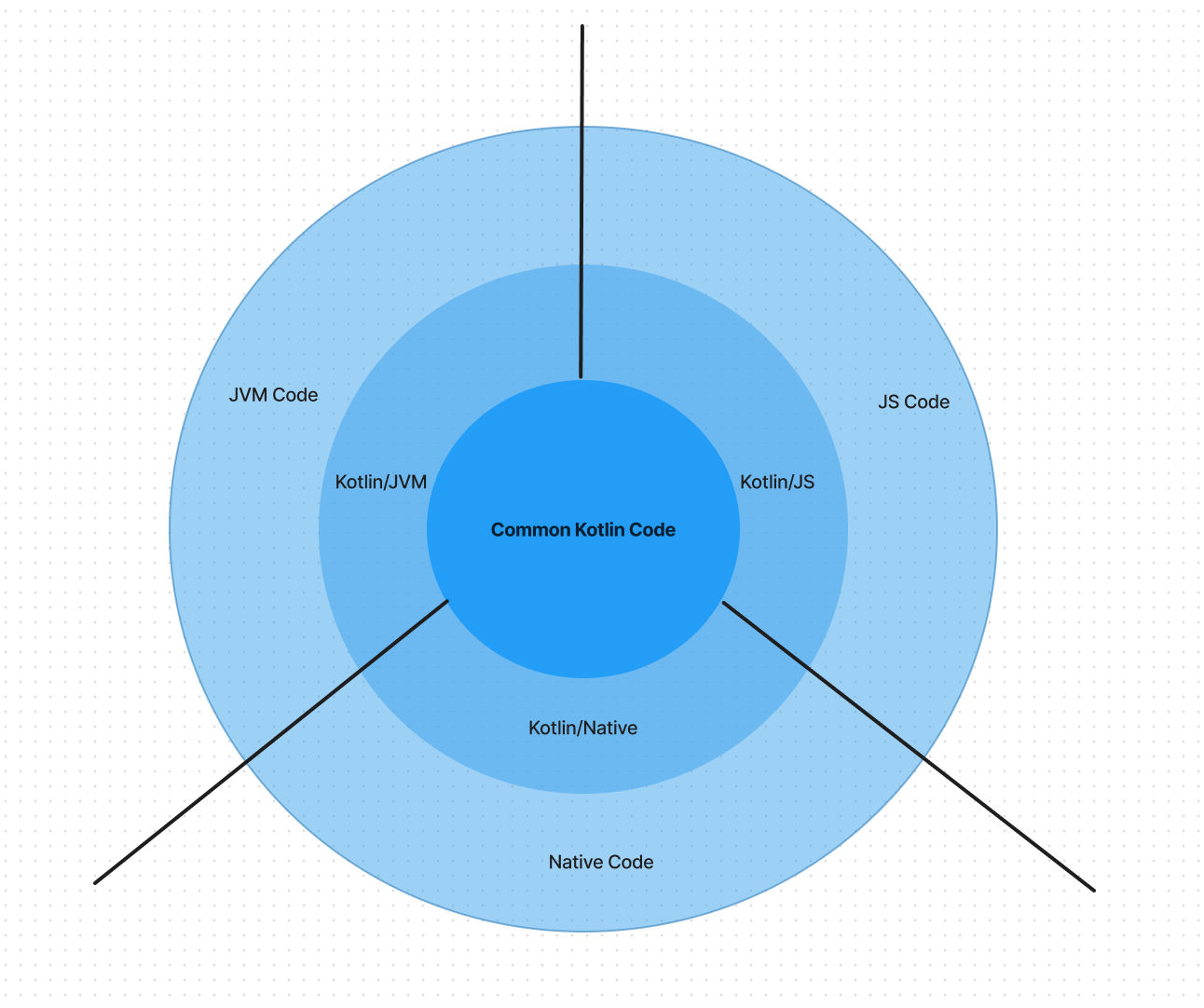Kotlin Multiplatform for Mobile and OTT Cross-Platforms
Kotlin Multiplatform for Mobile and OTT Cross-Platforms
In this article, readers will learn about the Kotlin multiplatform framework and its usage in mobile and OTT cross-platform application development.
Join the DZone community and get the full member experience.
Join For FreeA huge trend in the software industry is the creation of cross-platform apps. More and more businesses are aiming to develop applications that don't need to be written from scratch and can operate on various platforms. When it comes to cross-platform app development for mobile and OTT, there are a number of options, but Kotlin Multiplatform is rapidly gaining ground.
Developers can create code that is cross-platform by using the toolkit known as Kotlin Multiplatform. It works with all the major platforms, including Windows, Linux, Android, and iOS.
This article will explain why Kotlin Multiplatform is the best choice for creating cross-platform mobile and OTT apps as well as how you can use it.
Why Kotlin?
Using Kotlin for cross-platform app development has many advantages, some of which are mentioned below:
Code Sharing
All of the developers on your team can share their code across platforms, and you only need to manage one project that works everywhere. You are completely free to include exactly what you want in your code. When working with Kotlin, it takes less effort to grasp new syntaxes and language features because all you need to know is Java, JavaScript, Swift, or Objective-C.
Native Interoperability
You can use any native program from any device as long as it is reachable through the JVM. Without extra work or expense, you can combine and match libraries from various systems (like Objective-C, Swift, and Java). An Android developer, for instance, doesn't need to learn new programming languages or frameworks to use a robust iOS SDK like ARKit. Through the use of a JavaScript engine like Nashorn, Kotlin also enables the use of JavaScript frameworks like ReactJS and NodeJS.
No User Interface
You don't have to design an interface for each platform, which is a key distinction between Kotlin and other multiplatform tools. The majority of mobile applications demand touch input, so we have to completely redesign the user interface (UI) for each device.
With Kotlin, this issue is solved because you can build a program without a user interface! Dealing with a single codebase is much simpler than juggling numerous projects to make them compatible with various devices.
Modern Language
The difficulty of creating applications for various platforms has increased. It is necessary to be knowledgeable in a variety of programming languages and to invest a lot of time in managing different codebases due to language requirements and platform fragmentation. With Kotlin, you can take advantage of the newest language features while still having access to more traditional APIs and platforms. Kotlin is the best option if you want to create great apps swiftly and easily.
How Kotlin Multiplatform Works
The reusable code for two or more app versions can be stored using Kotlin for iOS, Android, and other well-known operating systems.
Consider Android and iOS as instances. Android's shared business logic code is converted to Java bytecode that can be executed on the JVM, and while Android already has a virtual machine, it can do so with ease. Since there is no virtual computer for iOS, the code must be converted in order for it to be executed.
The code is now transformed into an intermediate representation, or IR, by the Kotlin compiler's interface. The compiler's backend transforms that intermediate representation into machine-executable code. As a result, it transforms it into Java bytecode for Android and into iOS native machine code for iOS.
Kotlin Common Code
Platform-specific compilers are provided by Kotlin in order to execute common Kotlin code. It offers a variety of compilers to adapt code to various systems. Kotlin/JVM, Kotlin/JavaScript, and Kotlin/Native are some of these platform-specific variants. These iterations of the Kotlin language come with platform-specific tools, libraries, and enhancements.

Numerous systems are supported by each platform-specific version; for instance, JVM supports Java, and Android, JavaScript supports Browser and Node, and Native supports iOS, Mac, Windows, Linux, and more.
Advantages of Kotlin Multiplatform
Quick and Clean Code
You don't need to recreate and rewrite the code when using Kotlin Multiplatform for different platforms. The common code can easily be shared between platforms, saving you a ton of effort. Because there is no lagging behind the native platforms due to features like interoperability, developers don't have to wait for the support to be introduced along with the new features.
Fast Development
Sharing codes helps to speed up and simplify the development process while also saving a lot of time. Its features such as null safety, IDE support, and Java interoperability, make it less complicated and faster.
One Language for Cross-Platform and Native Apps
The majority of cross-platform development tools do not let us use iOS and Android device native features. You don't have to add any new programming languages to the codebase when using Kotlin. It is easy to make your Android app work on iOS devices without changing much code.
Support and Community
Kotlin is becoming increasingly popular among businesses and organizations. Additionally, many organizations are choosing Kotlin as their preferred language for Android after Google announced this. This language has seen a lot of user development, indicating strong community support for Kotlin.
Conclusion
Kotlin Multiplatform offers a quick and effective method to create cross-platform applications, making it a great option for businesses. Additionally, Kotlin Multiplatform uses Java tools, giving you access to a huge library of pre-existing code snippets and modules that can aid in hastening the start of your project. Kotlin Multiplatform should be at the top of your list if you're searching for a trustworthy and effective cross-platform app development tool.
Opinions expressed by DZone contributors are their own.

{{ parent.title || parent.header.title}}
{{ parent.tldr }}
{{ parent.linkDescription }}
{{ parent.urlSource.name }}